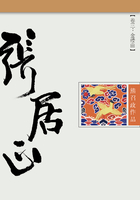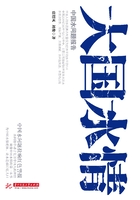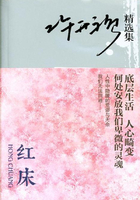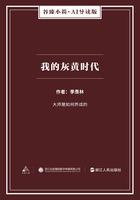1805
Difficulties of my situation at Hamburg--Toil and responsibility--Supervision of the emigrants--Foreign Ministers--Journals--Packet from Strasburg--Bonaparte fond of narrating Giulio, an extempore recitation of a story composed by the Emperor.
The brief detail I have given in the two or three preceding chapters of the events which occurred previously to and during the campaign of Austerlitz, with the letters of Duroc and Bernadotte, may afford the reader some idea of my situation during the early part of my residence in Hamburg. Events succeeded each other with such incredible rapidity as to render my labour excessive. My occupations were different, but not less laborious, than those which I formerly performed when near the Emperor; and, besides, I was now loaded with a responsibility which did not attach to me as the private secretary of General Bonaparte and the First Consul.
I had, in fact, to maintain a constant watch over the emigrants in Altona, which was no easy matter--to correspond daily with the Minister for Foreign Affairs and the Minister of Police--to confer with the foreign Ministers accredited at Hamburg--to maintain active relations with the commanders of the French army--to interrogate my secret agents, and keep a strict surveillance over their proceedings; it was, besides, necessary to be unceasingly on the watch for scurrilous articles against Napoleon in the Hamburg 'Corespondent'. I shall frequently have occasion to speak of all these things, and especially of the most marked emigrants, in a manner less irregular, because what I have hitherto said may, in some sort, be considered merely as a summary of all the facts relating to the occurrences which daily passed before my eyes.
In the midst of these multifarious and weighty occupations I received a packet with the Strasburg postmark at the time the Empress was in that city. This packet had not the usual form of a diplomatic despatch, and the superscription announced that it came from the residence of Josephine. My readers, I venture to presume, will not experience less gratification than I did on a perusal of its contents, which will be found at the end of this chapter; but before satisfying the curiosity to which I have perhaps given birth, I may here relate that one of the peculiarities of Bonaparte was a fondness of extempore narration; and it appears he had not discontinued the practice even after he became Emperor.
In fact, Bonaparte, during the first year after his elevation to the Imperial throne, usually passed those evenings in the apartments of the Empress which he could steal from public business. Throwing himself on a sofa, he would remain absorbed in gloomy silence, which no one dared to interrupt. Sometimes, however, on the contrary, he would give the reins to his vivid imagination and his love of the marvelous, or, to speak more correctly, his desire to produce effect, which was perhaps one of his strongest passions, and would relate little romances, which were always of a fearful description and in unison with the natural turn of his ideas. During those recitals the ladies-in-waiting were always present, to one of whom I am indebted for the following story, which she had written nearly in the words of Napoleon. "Never," said this lady in her letter to me, "did the Emperor appear more extraordinary. Led away by the subject, he paced the salon with hasty strides; the intonations of his voice varied according to the characters of the personages he brought on the scene; he seemed to multiply himself in order to play the different parts, and no person needed to feign the terror which he really inspired, and which he loved to see depicted in the countenances of those who surrounded him." In this tale I have made no alterations, as can be attested by those who, to my knowledge, have a copy of it. It is curious to compare the impassioned portions of it with the style of Napoleon in some of the letters addressed to Josephine.
End of The Memoirs of Napoleon, V8, 1805 by Louis Antoine Fauvelet de Bourrienne Memoirs of Napoleon Bonaparte, V9 by Louis Antoine Fauvelet de Bourrienne His Private Secretary Edited by R. W. Phipps Colonel, Late Royal Artillery 1891















